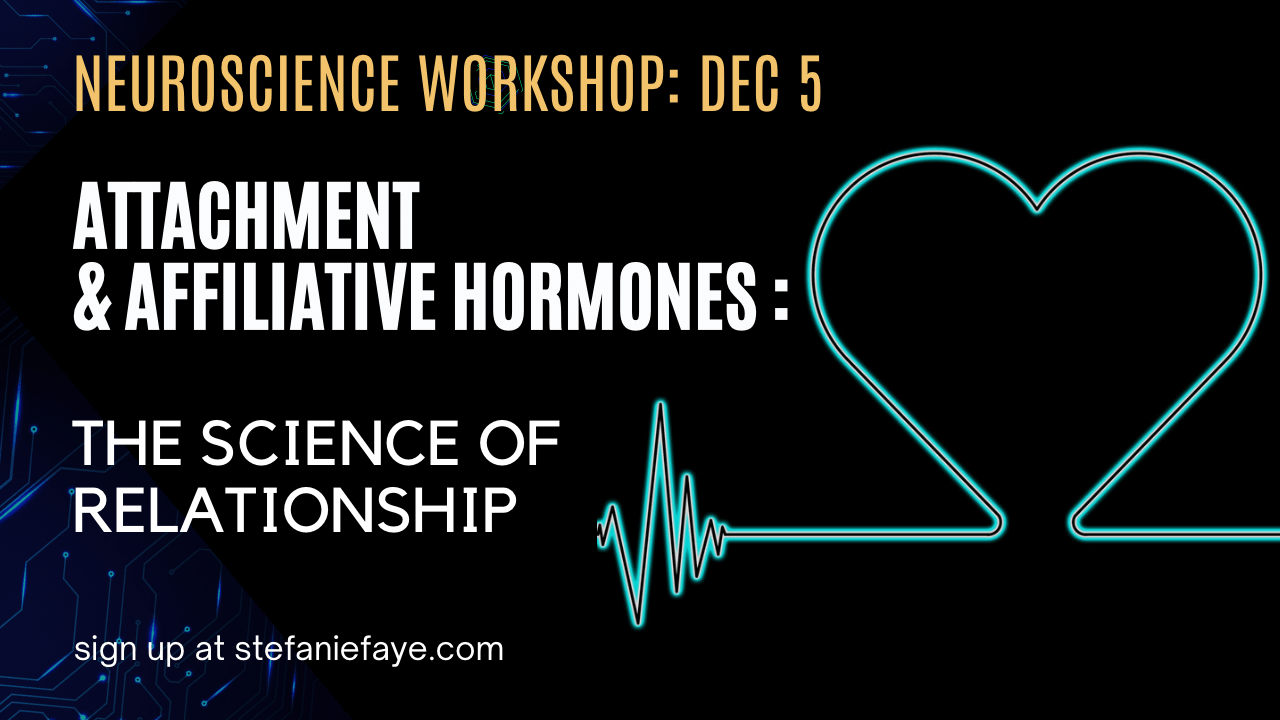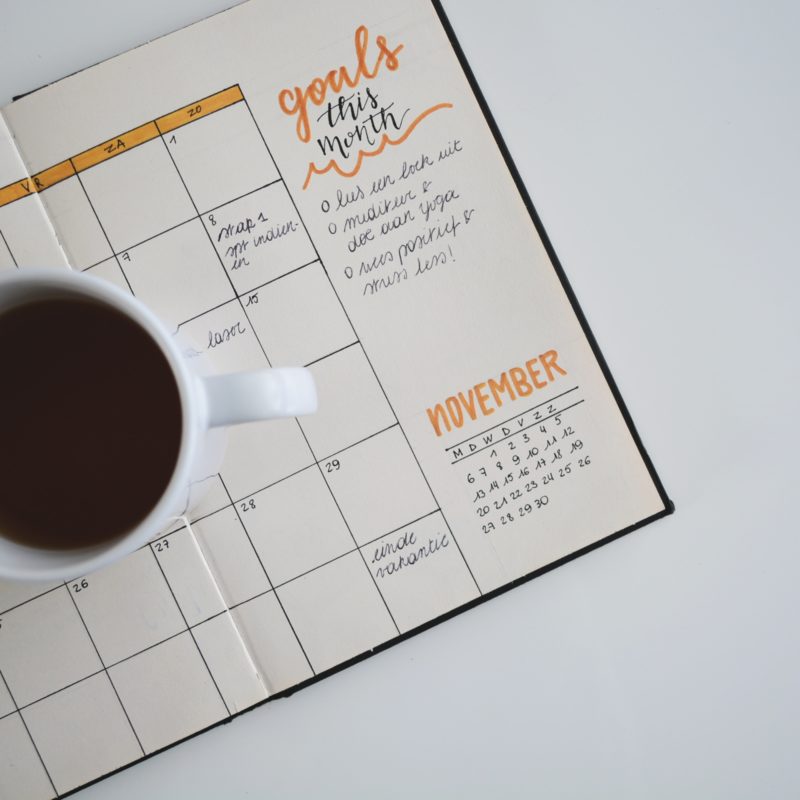Growth mindset can be applied to more aspects of life than we may currently realize.
Many of you have heard of growth mindset. Put simply, it is a belief that with consistent action, support and tools, we have a capacity to improve and change something we believe that is currently a challenge for us.
Growth mindset is in contrast with a fixed mindset, which is a belief that a certain aspect of our life is impossible to change and that no matter what happens, it is the way it is and there’s not much that we could ever do to improve or change it.
Many people are familiar with growth mindset as a way of thinking that can help us improve certain skills and talents. What some people may not realize is that the essence of growth mindset is a central pillar to resilient, life-enhancing relationships.
Relationships are a powerful avenue to explore and apply the idea of growth mindset.
Relationships help us understand ourselves to levels we may not get to on our own. They hold our triggers of insecurity as well as the keys to unlock our highest potential as partners, parents, leaders, and friends. We can truly hone our abilities to cultivate a growth mindset and openness to learning through the ups and downs we encounter in relationship. We also get the chance to improve and evolve from what we were modeled growing up.
Do you feel capable of changing aspects of yourself when it comes to how you show up in relationships? Do you feel like you are capable of engaging in behaviors, communication skills and emotion regulation techniques that could enhance your baseline for how your relationships progress, evolve and build over time?
If not, it’s important to understand that changes in all of these things ARE possible. A big reason why is because so much of this is related to networks and features of the human mind-brain-body that ARE capable of evolving, and becoming more intelligent, sophisticated and regulating. In fact, even people who display features and behaviors of insecure attachment can become ‘earned secures’.
In this quick summary of the video I released last week on rupture as a way to build resilience, I explain the #1 barrier to repair after a rupture within a relationship - this barrier reflects the idea of fixed mindset.
In the next video, I will review how mindful breathing and breath control are powerful tools for emotion regulation, and explain the science behind why that is (it may be different than you think!)
And in a couple of weeks, I’ll be sending you another free gift related to the idea of growth mindset and change plus sending details about a raffle for signed copies of my book!
And if the topic of Attachment Theory interests you, you may want to join December’s seminar..

Why learn about Attachment Theory?
Attachment theory helps us understand that:
- We may have a dominant attachment pattern
- Our attachment behaviors are often based on our past
- We can learn to recognize our patterns and triggers
- We can learn to regulate our own state so that we can become better friends, partners, parents, co-workers and leaders
If you’d like to learn about how your own attachment experiences have affected how you perceive and navigate relationships, i highly recommend you join this seminar. We will also explore how attachment principles affect many aspects of mental health, including complex trauma and post traumatic stress, as well as adult attachment behaviors and caregiver-child dynamics. If you plan to to be around family during the holiday season, this workshop will give you insights into the how family systems are affected by attachment dynamics and what we can do to better navigate them.
Participants get an audio recording, handouts and amazing notes (thank you to my incredible interns, Gina D’Andrea-Pena and Jasvit Singh! )
|
Stefanie Faye
Human Systems Intelligence & Resilience
Coach, Consultant and Workshop Facilitator
stefaniefaye.com
|
Contact me if you’d like to learn more about my high performance coaching and organizational consulting services! You can book a session here or connect by emailing me
*please note that the suggestions and exercises offered in these videos are not offered as a substitute for professional mental health care or medical care and are not intended to diagnose, treat or cure any mental health or medical conditions.



